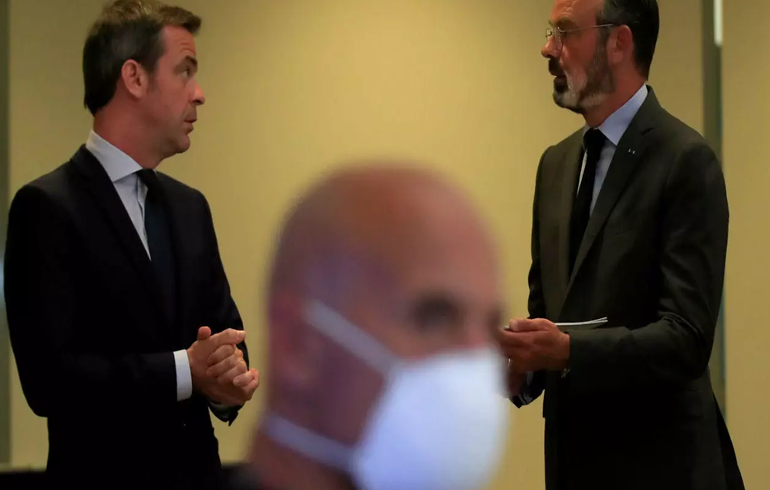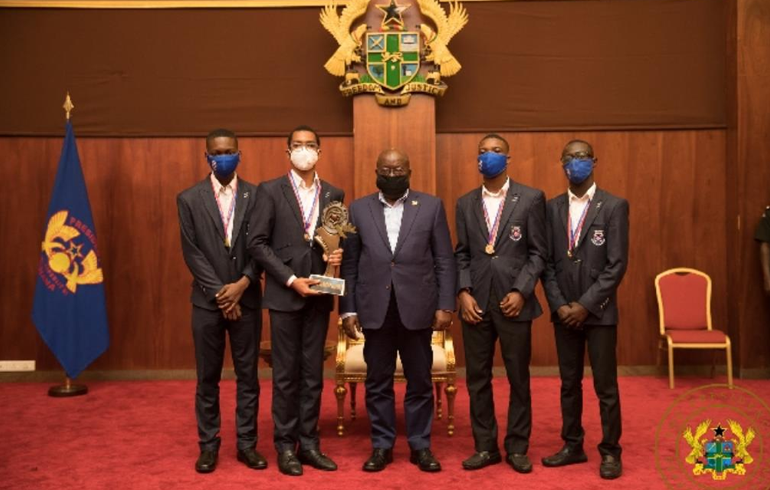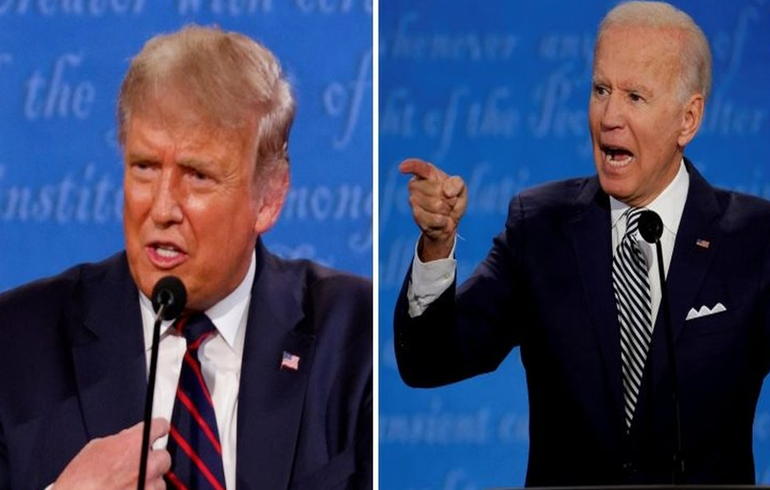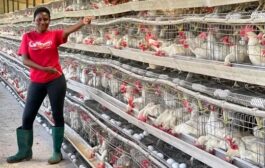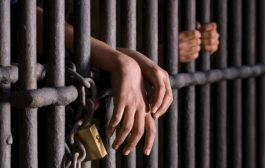French police have raided the homes of senior government and health officials as part of an investigation into their handling of the coronavirus pandemic.
Health Minister Olivier Véran and the director of the national health agency, Jérôme Salomon, are among those whose properties were searched on Thursday.
It comes after a court launched an inquiry earlier this year into the government’s handling of the pandemic.
It has faced criticism over shortages of equipment and slow response times.
Prime Minister Jean Castex is also under investigation, French media report, as is his predecessor Edouard Philippe and Mr Véran’s predecessor Agnès Buzyn.
The court launched the investigation in July after members of the public, including doctors and relatives of victims, alleged that the government had been criminally negligent in its response to Covid-19.
The special court hears cases of alleged wrongdoing by ministers and other government officials in the course of their duties.
But for the claims to be substantiated, there would have to be evidence that officials knowingly failed to take obvious steps that would have saved lives
The police searches comes shortly after President Emmanuel Macron announced a night-time curfew in Paris and eight other cities to try to curb the rapid spread of Covid-19 in the country.
The measure – which will apply from 21:00 to 06:00 – will come into effect from Saturday and last for at least four weeks. A public health emergency has also been declared.
How bad is the situation in France?
A further 22,951 cases of Covid-19 were confirmed on Wednesday. “We have to act. We need to put a brake on the spread of the virus,” Mr Macron said in a television address.
The president added that this wave of Covid-19 was different to the outbreak in the spring because the virus had spread to all parts of France.
The country managed to control the first outbreak by introducing a national lockdown.
It then opened bars and restaurants in the summer, and allowed foreign tourists to visit as part of an effort to boost the ailing economy. Schools reopened and universities began teaching in person classes in early autumn.
But since August the number of reported cases has accelerated quickly.
Wednesday was the third time in six days that France reported more than 20,000 new infections. Mr Macron said the new measures aimed to reduce daily cases to around 3,000.
As with the first wave of Covid-19, there is concern that hospitals and intensive care units will become overwhelmed with patients.
What are the new measures there?
The night-time curfew was announced by President Macron on Wednesday, and it will apply to the capital Paris and its suburbs as well as Marseille, Lyon, Lille, Saint-Etienne, Rouen, Toulouse, Grenoble and Montpellier.
Affecting around 22 million people, it will be applied for four weeks to begin with and Mr Macron’s government will seek to extend it to six.
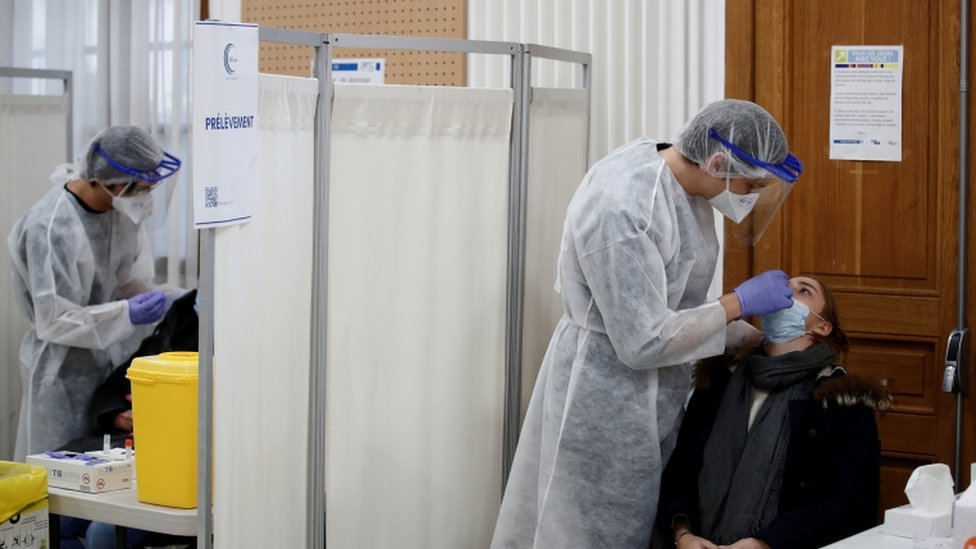
The measures will stop people visiting restaurants and private homes during the evening and night-time, Mr Macron explained.
Residents will need a valid reason to be outside their homes during the hours of curfew, the president said, adding that he understood that a curfew was a “hard” thing to ask people to do.
Essential trips will be permitted. Anyone found breaking the curfew will be fined €135 (£121).
Businesses that suffer financially due to the new measures will be eligible for state aid, Mr Macron said, adding that a second nationwide lockdown would be “disproportionate”.
“We’re in the second wave,” the president said. For many people his address will have sounded distressingly similar to what he had to say at the start of wave one. Situation dire; hospitals under threat; public failing to get it; action.
Of course there are huge differences. Today we know so much more. We wear masks and get tested. Doctors have better treatments. And another national lockdown – like the one in March – has been ruled out.
But suddenly it feels like we are back where we began. Just as in March, we are warned of a virus that has become rampant and can only be stopped with drastic action. Just as in March, we’re told the health system risks being swamped.
People will accept the curfew. What choice do they have? But it feels like the start of a long, miserable winter.
What’s happening elsewhere?
Across Europe, governments are introducing new restrictions to battle a second wave of infections:
Germany announced that bars and restaurants in higher-risk areas must close early. The country recorded 6,638 new cases on Thursday – the highest daily figure since the start of the pandemic.
On Wednesday Italy recorded its highest daily rise in infections since mass testing began with 7,332 new cases confirmed
In Portugal, the government said gatherings would be limited to five people from Thursday. Weddings and baptisms can be attended by up to 50 people but university parties will be banned
Catalonia also said restaurants in the Spanish region would only be allowed to serve takeaway. Gyms and cultural venues will be allowed to operate at 50% capacity, while shops and large shopping centres must be limited to 30% capacity
In the Czech Republic, schools and bars have been shut down but infections are still soaring. Prime Minister Andrej Babis said special Covid beds would be set up away from hospitals from this weekend
The Netherlands has one of the most rapidly increasing infection rates in the world. A partial lockdown has come into force there and cafes and restaurants are closing
And Belgian officials have warned that if current rates of infection continue, all the country’s 2,000 intensive care beds could be filled by mid-November.
Source: BBC



